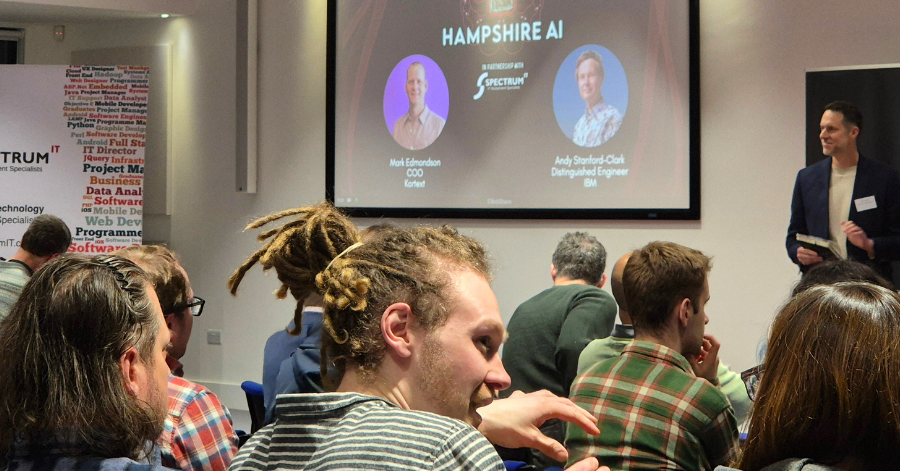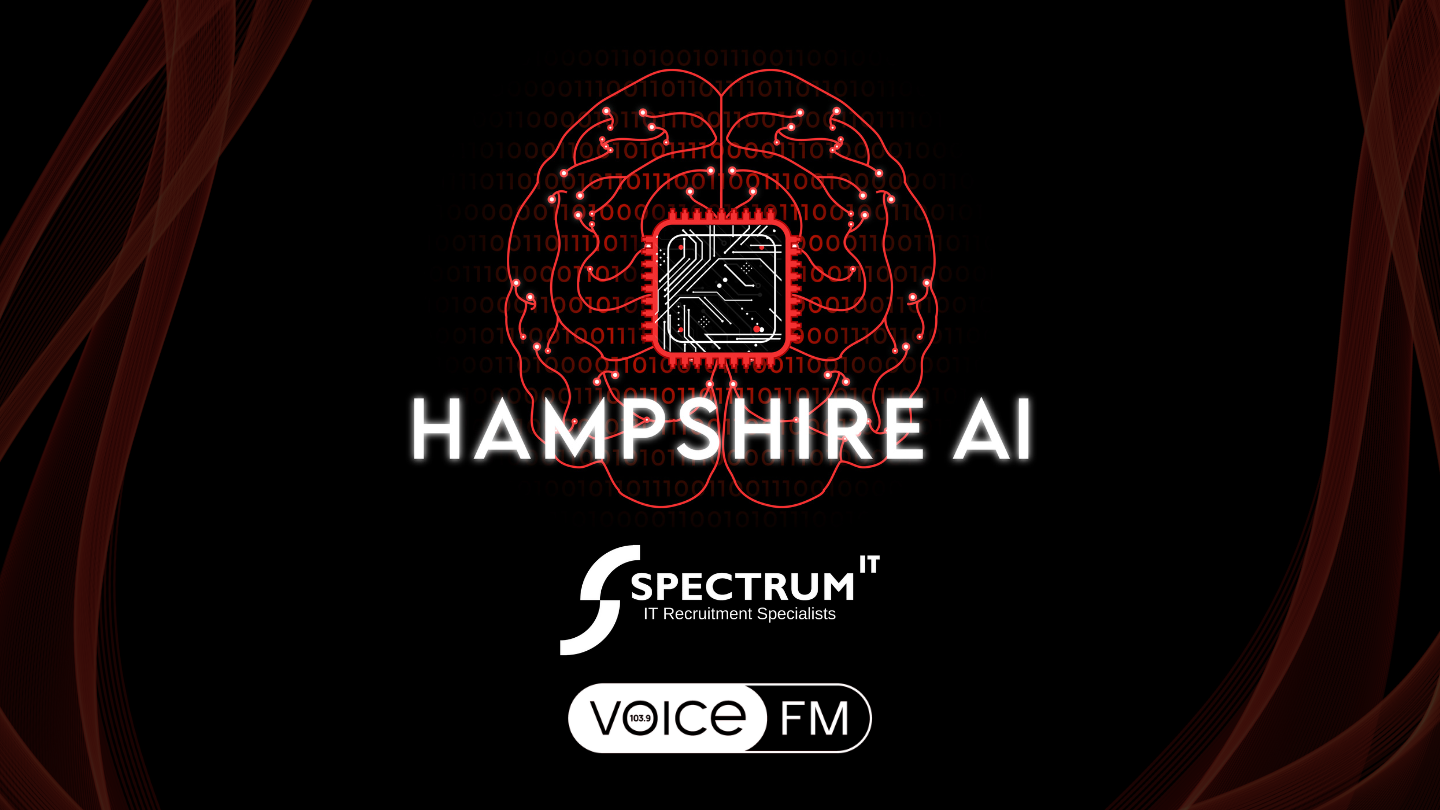
The B word
21 Dec, 20207 Minutes
Will I still be able to employ EU citizens after Brexit?
With the Brexit transition period coming to an end on 31st December 2020, it’s only natural to have concerns and questions about the impact it might have on your IT business. It can be a particular worry if you regularly recruit talent from EU countries to meet specific needs in your company. One question you might have is whether you can still employ EU citizens after Brexit.
If you already have EU citizens working within your company, then hopefully they have already begun the process of applying for the EU Settlement Scheme. Any EU, EEA or Swiss citizens and their family members who are currently living in the UK – and wish to beyond 30th June 2021 – will need to have applied to the EU Settlement Scheme for settled status. There is an employer toolkit available if you need to assist existing EU citizens within your business.
As of 1st January 2021, however, a new immigration system will be in place which will apply to any future EU talent you wish to recruit. This will replace the freedom of movement previously applicable within the EU.
The points-based immigration system
The new immigration system uses an Australian-style points system to determine whether someone is eligible to live and work in the UK. The system is designed to treat both EU and non-EU citizens equally. The exception is Irish citizens, who can continue to work and live in the UK as they do now.
The immigration system is designed to attract people who can make a meaningful contribution to the UK’s economy. Potential employees will need to apply for a visa online before moving to the UK.
One visa route is as a Skilled Worker, with a job offer from an approved employer sponsor. To be eligible for a Skilled Worker visa, the applicant will need to have a skilled job offer and be able to speak English. They will also need to be paid at or above the general salary threshold of £25,600 or the going rate for the job, whichever is higher. Each of these criteria earn ‘points’ towards eligibility. For an applicant who wouldn’t be earning the threshold salary (but no less than £20,480), they may be able to score additional points through other criteria. This could be, for example, because they have a PhD relevant to the job role or are in a shortage occupation.
At the moment, there are some IT-related job roles on the shortage list. This includes IT business analysts, architects, system designers, web design and development professionals, and cyber security specialists.
A graduate immigration scheme will also be available to international students who have completed a degree in the UK from summer 2021. This gives recent graduates the opportunity to work, or look for work, for up to two years (or three if a PhD graduate).
Full details on the immigration rules can be viewed here.
What it means for employers
So, can you still employ EU citizens after Brexit? In short, yes. Up until 30th June 2021, you will need to continue to check an applicant’s right to work status in the same way as you do now.
If you’re hoping to continue to recruit talent from the EU beyond January 2021, you should ensure you’re approved as an employer. You will require a sponsor licence to employ anyone from the EU, Switzerland, Norway, Iceland and Liechtenstein from 1st January 2021. The licence is valid for four years. Bear in mind that if you’re not already approved, it can take up to eight weeks from the date of application.
It might not be as straightforward as it is right now, but if your business needs global talent, there will still be a route to enable you to recruit from within the EU.
If you are looking for new talent to join your IT company, find out how Spectrum IT can help you with the recruitment process.




